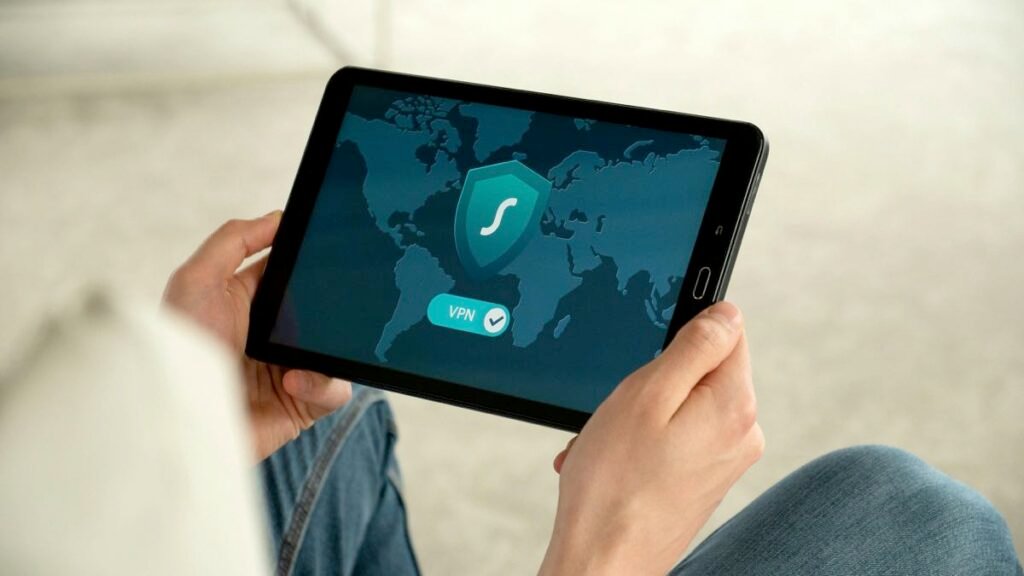“A VPN keeps you safe online.”
That’s the marketing line we hear everywhere. But what does “safe” really mean? If you think a VPN makes you invisible or immune to surveillance, it’s time to get a clearer picture.
This article walks you through what VPNs actually do, what they don’t, and how to choose one that doesn’t backfire.
🔹 What a VPN Really Does
A Virtual Private Network (VPN) creates an encrypted path between your device and a remote server. From that moment on, all your internet traffic appears to originate from that server, not your actual location.
This offers two key advantages:
- It masks your IP address, hiding your approximate location.
- It bypasses local restrictions, making it appear like you’re browsing from another country or region.
It’s like wearing a digital mask in a room full of cameras.
🔹 When a VPN Makes Sense
- Avoiding local censorship: If you’re on a network that blocks certain sites (like in schools, offices, or authoritarian countries), a VPN can help you get around the block.
- Remote access: VPNs are commonly used by employees to securely connect to their company’s internal systems from anywhere.
But that’s where the magic ends.
🔹 What a VPN Can’t Do
Let’s break a few myths.
❌ It doesn’t make you anonymous
While it hides your IP, websites can still track you via cookies, browser fingerprinting, and more. And guess what? Your VPN provider sees everything you do.
❌ It doesn’t protect you from all Wi-Fi risks
If a network is compromised or malicious, an outdated VPN client won’t help much. Today, most websites use HTTPS encryption by default — that already protects your data better than many people think.
❌ It doesn’t keep the government out
VPN companies can — and often do — comply with legal requests for data. Some store logs. Others don’t. And if you log into your Google account, well… that’s game over for anonymity.
🔍 Choosing a VPN That Doesn’t Betray You
Here’s what to actually look for:
✅ Privacy Policy
Don’t fall for “we don’t log your data” slogans. Read the fine print. Do they keep timestamps, IP addresses, DNS queries?
✅ Audit Reports
Some providers submit to third-party audits. That’s a green flag — but check when the audit happened and who did it.
✅ Encryption Standards
Look for OpenVPN or WireGuard. Avoid outdated protocols like PPTP, which can be cracked easily.
✅ Business Model
If the VPN is free, you’re probably the product. Look for clear explanations on how the company makes money.
✅ Jurisdiction
Where is the company based? Some countries force VPNs to hand over data without notice. Research local laws before you trust the provider.
🔄 What to Use Instead (Sometimes)
If anonymity is your goal, Tor is far more effective. It routes traffic through multiple relays, making it very hard to trace. Tor isn’t perfect — but it’s designed for anonymity, whereas VPNs are not.
🔐 A VPN is Not a Security Swiss Army Knife
For most people, better privacy begins with better habits, not a subscription.
💡 Combine VPN use with:
- Strong, unique passwords
- Two-factor authentication
- Regular software updates
- HTTPS-only mode
- Tracker blockers
- Secure DNS (like DNS over HTTPS)
🧭
A VPN can be helpful, but it’s not the digital invisibility cloak it’s often made out to be. Trust matters. Research matters. And knowing what a VPN is not designed for will protect you more than any feature checklist.




